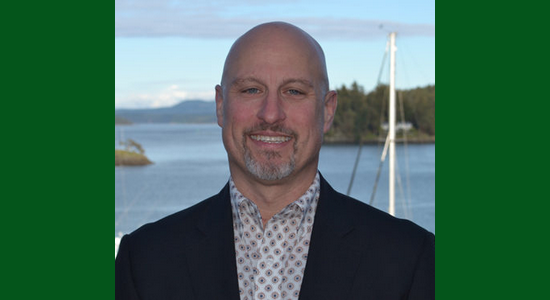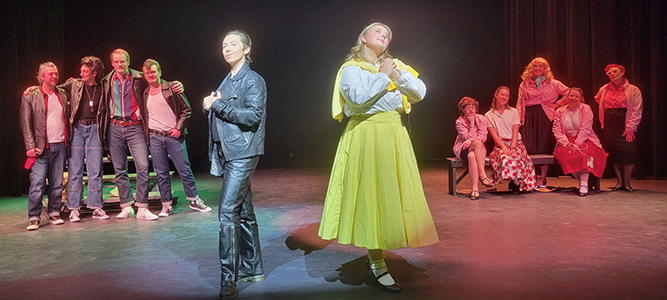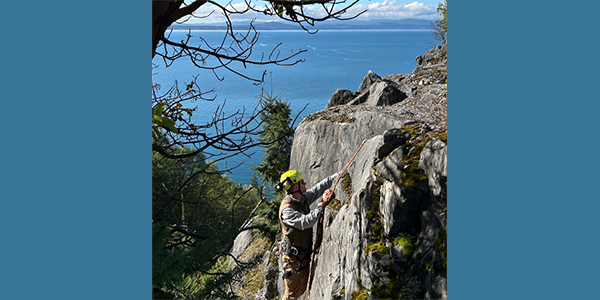||| AS THE PARADIGM SHIFTS by ROSIE KUHN |||
“I’m learning to be ordinary, Rosie.”
Sarah declares this—not with sadness or anger, nor with despair or bitterness—but with a clarity rooted in truth. In the two years we’ve been working together, I’ve never heard her speak with such grounded knowing. Her dis-ease isn’t rooted in alcohol or drugs, per se, but in a fundamental belief formed in childhood: that being unique would save her from insanity and certain death.
Sarah has been in recovery for almost four decades. She’s been sober and clean all these years, managing her habits and feeling pretty dang good about it! But there’s a difference between managing habits and truly recovering the self—reclaiming what was once relinquished to the netherworld, for the sake of survival.
In the moment Sarah says, “I’m learning to be ordinary,” I know she is doing just that. She is recovering her true, authentic, exquisite self.
This is a moment I celebrate with her. She hasn’t yet been able to fully claim the magnitude of that truth—but I feel it. “I’m learning to be ordinary!”
It’s a huge WAHOOO!
Recovering from Terminal Uniqueness
A term used in recovery communities, terminal uniqueness speaks to that part of ourselves—yes, all of us—that has been trained to believe that simply being ourselves—without bling, without sexy, wealth, or power—is dangerous. As if to be ordinary is to vanish.
Without some kind of distinction to make us stand out, we believe we risk experiencing what feels like a deeper “truth”: that we are inconsequential, insignificant, invisible, and unworthy of existing.
Poof!! Vanished!!
Any and all habits, addictions, and patterned behaviors assist us in avoiding, ignoring, or distracting ourselves from the very moment that is unrectifiable. For many, it happens before the age of six. A rupture of reality—the end of innocence. And in this excruciating moment, a dire truth takes hold:
“I am unworthy of existence unless I am unique.”
For Sarah, at the age of four, looking around at the adults in her young life, she comes to a realization that could only make sense to her at that age:
“There isn’t a single person here who sees what I’m experiencing. I’m not safe. I’m not secure. I’m the only one who sees the truth of what’s happening. I’m the only one who can save this family.”
And in that moment, this very young child relinquishes her innocence for the sake of perceived safety and security.
For Sarah, for each of us, it’s too frightening to hold onto that innocence. So, she surrenders it—for the sake of survival, for the illusion of control, and out of love for the family she can’t yet see she doesn’t have the power to save.
Run for the Hills!!!
I don’t know about you, but just reading this ignites some serious zings and zaps. My face scrunches up, and I’m ready to dive headfirst into a bowl of ice cream. It’s uncomfortable to bring up—let alone reflect on—these raw elements of being human.
Like clockwork, I’m ready to do anything to avoid what I’m facing in this moment. It’s the very moment that Sarah is now sitting with, too: the realization that she has spent her life chasing something that doesn’t actually exist—control over uncertainty.
Again, it’s one thing to give up habits, patterns, and addictions that are life-threatening in themselves. It’s another thing entirely to give up the core habits of being—the ones that became the foundation of survival and existence. The ones that are unrectifiable. The ones that shape reality to keep us from being eradicated—erased.
“If I’m not improving and proving that I’m special, then I’m just like everyone else. I’m a nobody. I’m less than squat. I have no worth. I’m doomed!!!”
Poof!!!
You might think I’m exaggerating. You might think I’m overstating something here. However, I know a huge number of individuals who have walked in Sarah’s shoes and have shared what Sarah shares. I’ve walked this walk myself.
I know what it’s like to decide, as a very young child, that I must be the smartest one in the room. It’s like the little boy who’s the only one who sees that the emperor has no clothes.
“Holy cow!! Can no one see how insane this is?! Why am I the only one who sees the insanity?! Get me out of here!!!”
And I know what it’s like to discover that the drive to become somebody special only brings suffering. Dang it!!
Just like Sarah—and just like every person I’ve ever met—I never receive what I believe I will get by proving that I’m anything other than insignificant.
JEESH!
Learning to Be Ordinary — Moments of Reprieve, Rare Sightings of Self
Sarah is beginning to experience moments that stymie her. Moments when she isn’t striving to prove or present herself in any way. She’s not trying to impress.
She is just… being Sarah.
I’ve experienced these moments myself. And I’ve heard many clients speak with awe about them—those rare, exquisite instances when it feels like a breath of fresh air to just be.
These are sightings of the essential self—relaxed, effortless presence that was exiled to the dark, dank corners of existence the moment innocence was life-threatening.
“Surprise! I’m still here.”
The practice of becoming nobody special, explores what’s really happening when we begin to realize that who we’ve been trying to be is not only unsatisfying—but is actually a source of deep suffering. It’s an invitation to be curious, playful, and a little adventurous, perhaps exploring parts of ourselves we were taught to avoid, ignore, deny, or abandon. The parts we were told were unsafe.
Like Sarah, learning to be ordinary requires a noticing of those quiet, grace-filled moments that are free of self-judgment, self-righteousness, self-hate, and self-retribution—those unrecognizable moments of what I call M.E.: Miraculous Existence.
It’s about realizing and experiencing directly the amazing being that resides within you, within each and every one of us—once we decide that it’s not a bad thing to be ordinary.
Why Would Anyone Want to Be Ordinary?
I was sharing with my daughter and my 14-year-old grandson, Andrew, this idea of creating a blog series around “Becoming Nobody Special.”
Andrew looked at me with a bewildered expression and asked, “Granny, why would anyone want to be ordinary?” That, my dear Andrew… is the very question I intend to explore.
Why, indeed.
**If you are reading theOrcasonian for free, thank your fellow islanders. If you would like to support theOrcasonian CLICK HERE to set your modestly-priced, voluntary subscription. Otherwise, no worries; we’re happy to share with you.**








